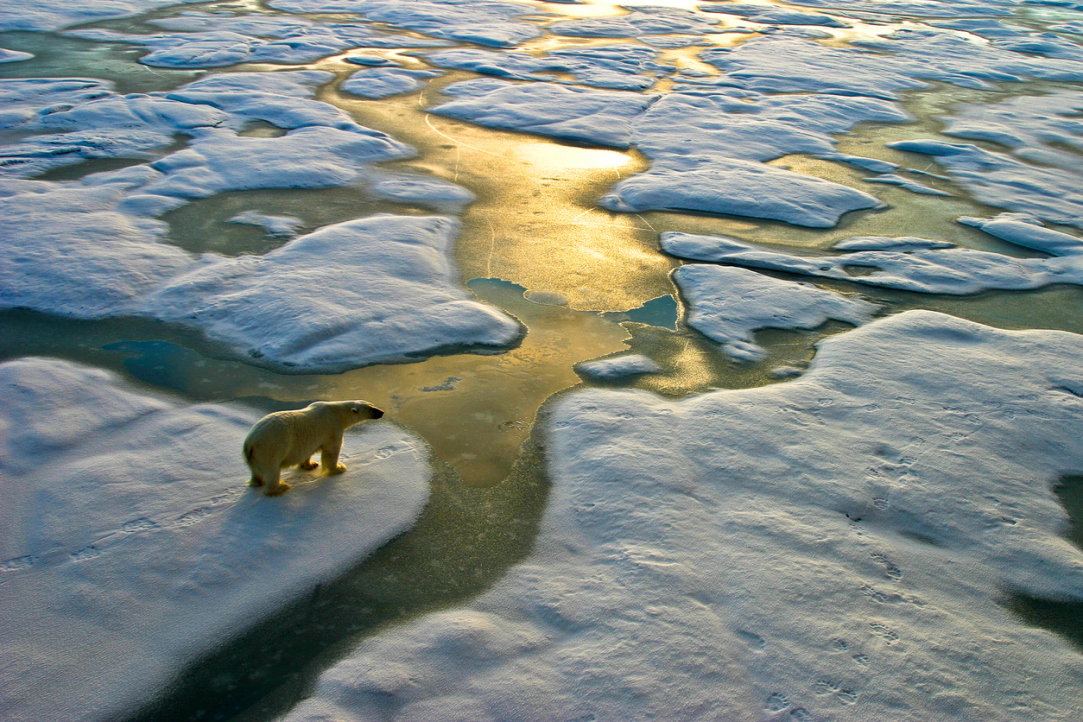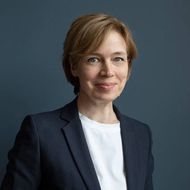'The Main Focus Is on Providing an Understanding of What the Climate System Is'

HSE Online is launching a new course: Mechanisms of Climate Change. Students will learn not only how to critically assess information in media and differentiate scientific data from conspiracy theories, but also to independently conduct research into the climate system.
The topic of climate change is clouded by misinformation. Resource-extracting companies protect their interests by denying the existence of anthropogenic global warming and claiming that environmental activists simply want to destroy the oil and gas market.

Ekaterina Dolgova
‘Lobbyists run PR campaigns in the media absolving humanity of its responsibility for climate change. At the same time, climate activists often manipulate the facts and distort the reality of climate change in pursuit of more views. This course puts forward a cold, scientific, academic perspective in order to explain how the climate is formed, demonstrate the role of people in climate change, and teach how to properly research the mechanisms behind climate transformation,’ notes Ekaterina Dolgova, co-author of the course and climate researcher.
Watch a promotional video on the course
Daria Bokuchava, Associate Professor at the HSE University Faculty of Geography and Geoinformation Technology, analysed the online education market and found that there were very few courses containing comprehensive information on climate change and which do not require students to have a professional background.

Daria Bokuchava
'There are dedicated courses on adaptation to climate change, or on the climate of the Artic and other regions, or on the fundamentals of the climate system. There was no single course containing all of this information. That’s how the idea of “Mechanisms of Climate Change” came about. The main focus is on providing an understanding of what the climate system is, how it functions, what affects it, how it changes under outside influence, and what kind of climate changes we can expect to see in the future,' explains Daria. The video lectures contain basic information on such components of the climate system as the atmosphere, the ocean, the lithosphere, the biosphere, and the cryosphere, and also examine the climate of the past.
Polina Verezemskaya, Candidate of Physical and Mathematical Sciences, Associate Professor at the HSE University Faculty of Geography and Geoinformation Technologies, devotes the first part of the course to physical fundamentals: the structure of the climate system, the formation of the radiation balance, the significance of the carbon cycle, and the decisive role played by the effects of the ocean on the atmosphere.
Ekaterina Dolgova’s section of the course is devoted to the study of the paleoclimate, which formed without any human interference. Using indirect proxy indicators (ocean and lake cores, tree rings, etc), students will learn to study data on the state of the Earth millions of years ago. This will make it possible to compare the planet’s condition and see how 150 years ago, it started to change due to anthropogenic factors. ‘Knowledge of paleoclimate science and the ability to organise series gives modelers the necessary tools for forecasting and research. The information provided in the course helps students to read the methodology of scientific articles. To facilitate immersion in international professional terminology, the lectures are recorded in English,’ Ekaterina explains.
Daria Bokuchava will talk about external influences on the climate—solar and volcanic activity, anthropogenic greenhouse gases and aerosols—as well as about internal changes in the climate system that occur without the influence of external mechanisms.
Alexander Chernokulsky, Senior Researcher at the Obukhov Institute of Atmospheric Physics at the Russian Academy of Sciences and Associate Professor at the HSE University Faculty of Geography and Geoinformation Technologies, has prepared lectures on the future climate and the consequences of climate change. Students will learn about how climate models are created, the differences between various forecasts, and the consequences of climate change: extreme weather, a rise in sea levels, glacial melting, and more.

Ekaterina Alekseeva, Producer at HSE Online
This course will primarily be of interest to the authors and experts taking part in it. These are people who truly love their profession; they are researchers and practitioners of the HSE University Faculty of Geography and Geoinformation Technologies, the RAS Institute of Geography, the Obukhov Institute of Atmospheric Physics—climatologists, oceanologists, meteorologists, dendrologists, physicists, paleogeographers, glaciologists, cryolithologists, and biogeographers. They talk about the results of their research. You will find out why Lord Byron wrote the poem ‘Darkness’ in summer, learn how to determine the age of an icon painting based on its wooden frame, and appreciate the effort that goes into paleoclimate reconstructions. You will also learn about volcanic aerosols, ‘Daisyworld’, the magic of carbon, and much more. The lectures are interesting to watch—they are full of illustrated examples, animations, and graphics.

